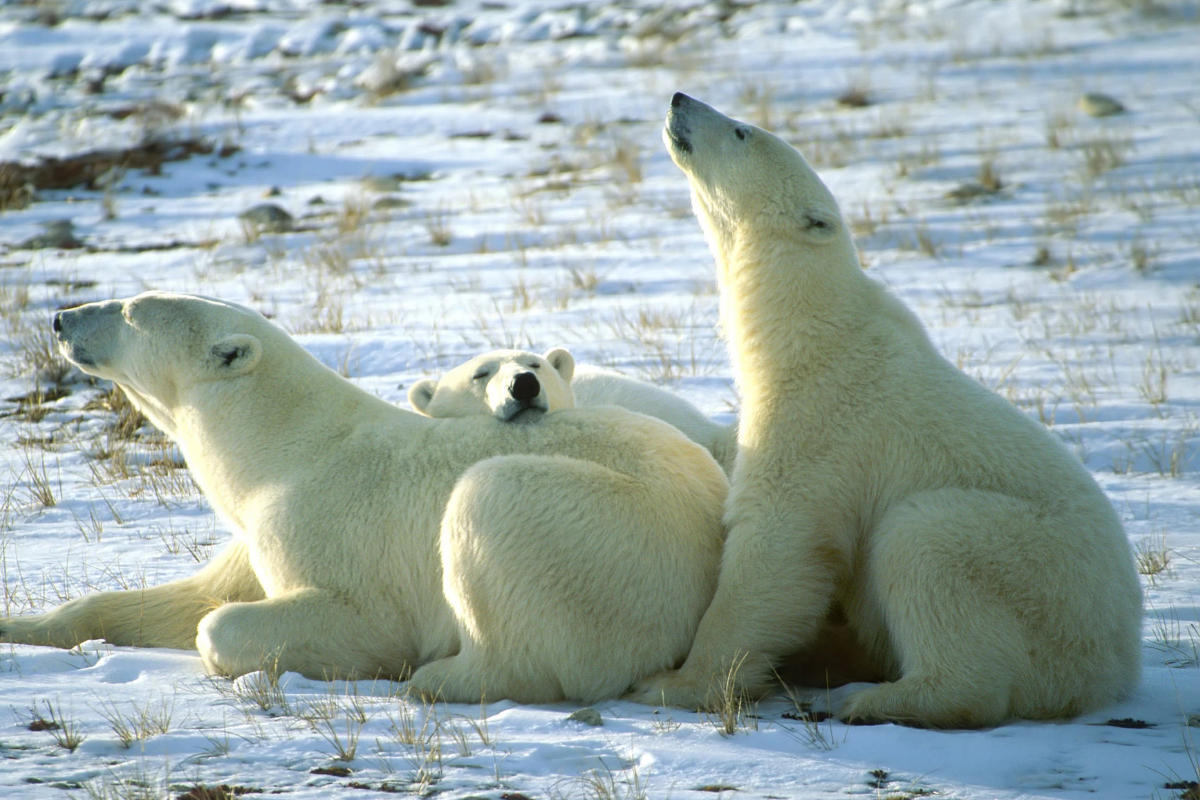- The population of Canadian polar bears in western Hudson Bay is declining rapidly.
- Every five years, researchers have flown over the region to count bears and extrapolate population trends.
- The study found significant declines in the abundance of adult female and subadult bears and cubs.
According to a new government survey, polar bears are rapidly disappearing from the western portion of Hudson Bay, at the southern tip of the Canadian Arctic.
The population of female bears and cubs has decreased dramatically.
Every five years, researchers have flown over the region, which includes the town of Churchill, dubbed the “polar bear capital of the world,” to count the number of bears and extrapolate population trends.
During the last survey, conducted in late August and early September 2021, the results of which were released earlier this month, they spotted 194 bears and estimated a total population of 618 bears, down from 842 bears five years prior.
Comparing aerial survey estimates from 2011 and 2016 suggests WH (Western Hudson Bay population) abundance may be declining, according to the study.
Between 2011 and 2021, it also “revealed significant declines in the abundance of adult female and subadult bears (cubs) between 2011 and 2021.”
The observed declines are consistent with long-standing predictions regarding the demographic effects of climate change on polar bears, according to the researchers.
They also cited possible bear migrations to neighbouring regions and hunting as contributing factors to the population decline.
The bears’ sea-ice habitat is diminishing at an alarming rate, with the far north warming up to four times faster than the rest of the planet.
The sea ice has become thinner and is now melting earlier in the spring and freezing later in the autumn.
Bears depend on the ice for seal hunting, movement, and reproduction.
According to the US National Snow and Ice Data Center, summer ice cover in the bay has decreased by approximately 50 percent since the 1980s.
In the 1980s, there were 1,200 polar bears on the western shores of Hudson Bay, according to a report published two years ago in the journal Nature Climate Change. This trend could lead to the near extinction of these animals, the report concluded.
[embedpost slug = “/rare-hunting-scene-raises-questions-over-polar-bear-diet/”]


















